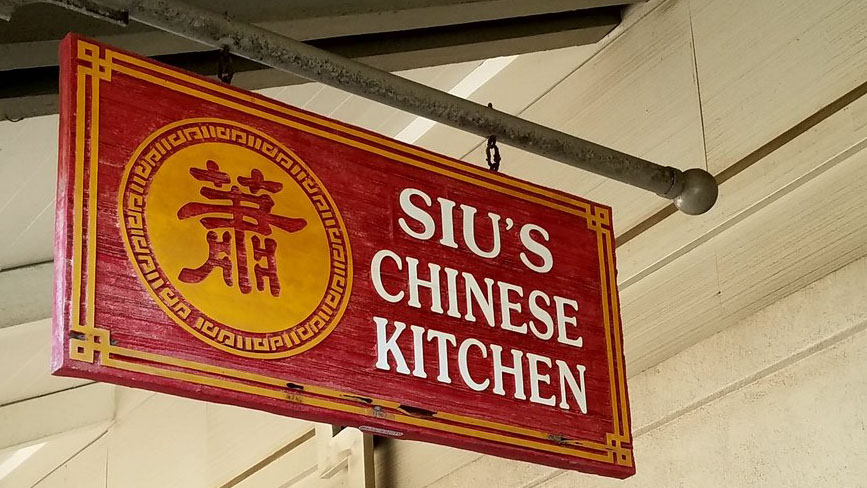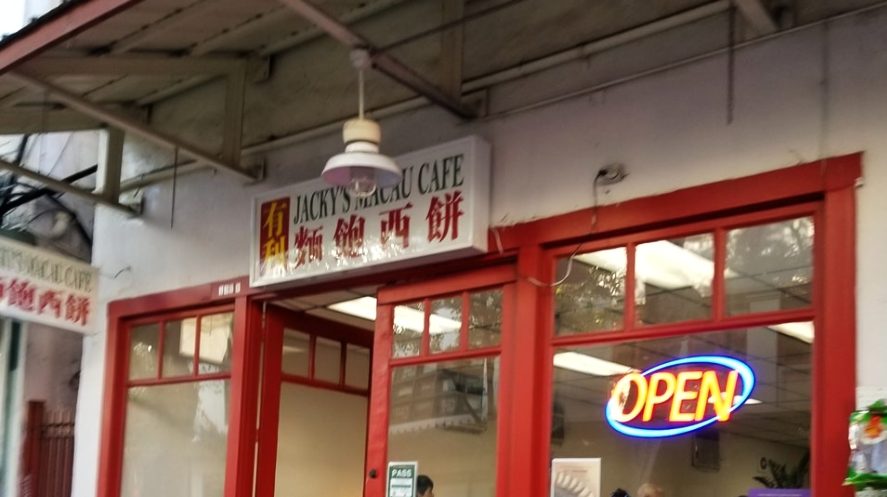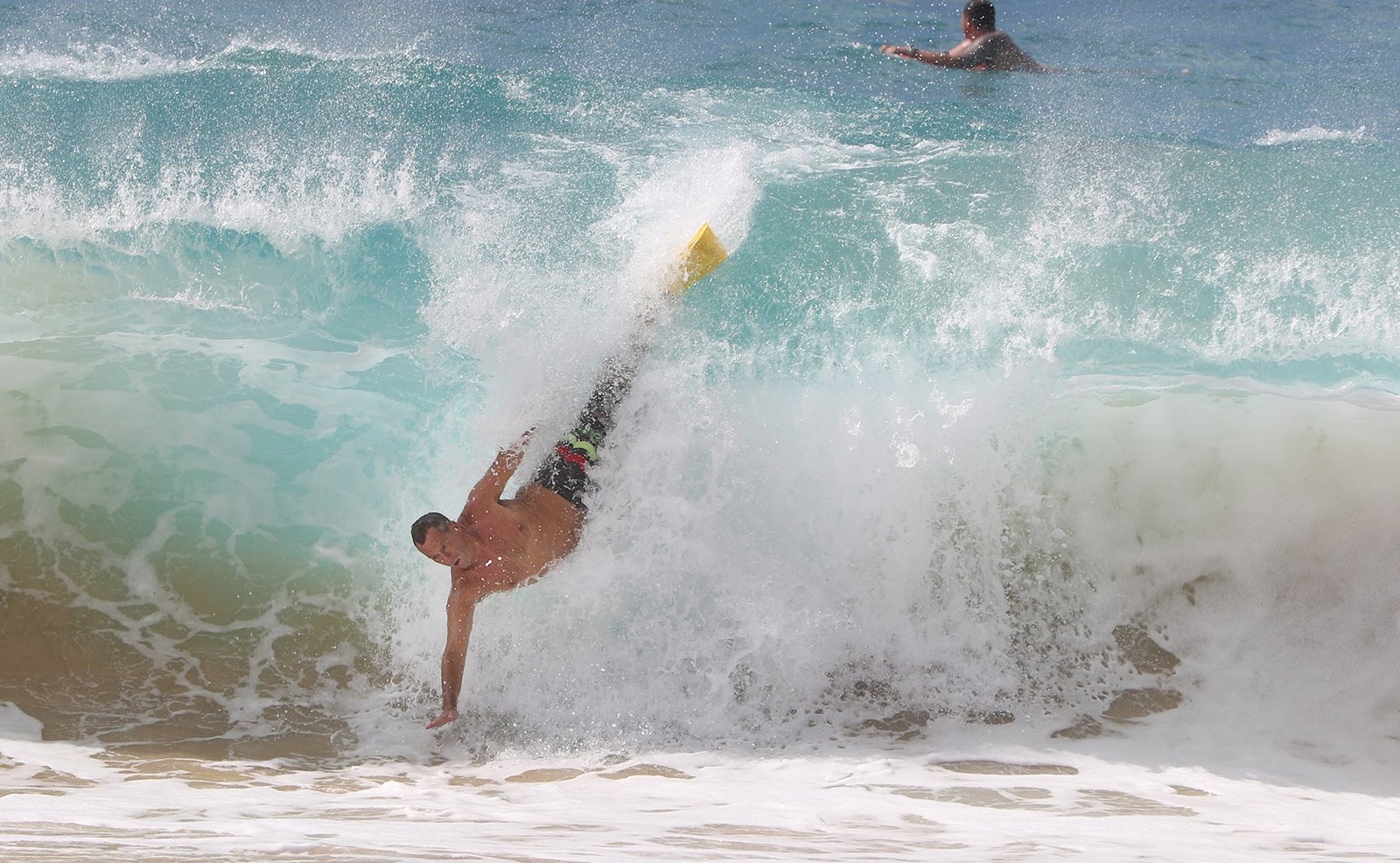We’re warning you in advance that some of this may be unpleasant. And if you’re heading into the skies, you might want to pack a lunch as we just did.
News this weekend was concerning both professionally and personally. With two of Beat of Hawaii’s editors in the Hawaii skies throughout this next week and reviews forthcoming, the news was concerning when the global leader in airline catering, Gate Gourmet, was just hit with some concerning safety violations by the state of Hawaii. Adding to that is the closure of a well-regarded Honolulu eatery and another restaurant on Maui that includes gross details.
Gate Gourmet Honolulu.
This may have slipped by us if only because the state issued Gate Gourmet a yellow warning placard rather than shutting down the giant airline caterer entirely. But the violations were concerning nonetheless, and we wanted to share them with you. The sheer magnitude of potential problems at the largest airline caterer is worrisome. Clearly, airlines won’t be happy to read of this either, as they are the ones serving passengers the food prepared by the caterer.
Gate Gourmet says it “is the leading global provider of airline catering solutions and provisioning services for airlines, both in-flight at over 200 airports as well as at airport lounges. From menu design through execution and delivery, our passion is giving our airline customers and their passengers an exceptional experience.”
But on November 2, the Hawaii Health Department performed a routine inspection at the Gate Gourmet Honolulu Airport adjacent facility. Gate Gourmet received multiple violations, as reported by the Hawaii DOH, as a result of that inspection, including the following:
Violation 1: Proper cold holding temperatures. “Walk in refrig. approx 48 degrees F.” DOH “requires that the temperature be “maintained at 41 degrees Fahrenheit or below.”
Violation 2: Adequate hand-washing facilities supplied and accessible. The state reported that the “Kitchen hand sink (had) no paper towels.”
Violation 3: Food contamination. The Department of Health observed, “Water dripping onto food production area.” That was a result of water that emanated from an air conditioning drain line.
Is this temperature violation serious?
Restaurant refrigerators should properly maintain 40 degrees F or lower at all times. That range is considered essential to keep food safe and prevent the rapid growth of bacteria that occurs at higher temperatures. Issues when refrigerators aren’t cold enough include:
Bacterial Growth: At temperatures above 40°F, the environment for rapid bacterial growth exists. The FDA requires restaurant refrigerators to be set at 40°F or below, although most commercial refrigerators are set at 38°F. This provides a small buffer zone before higher temps wherein bacterial growth can become rapid.
Food spoilage: Warmer temps accelerate food spoilage, especially in dairy, meats, and produce.
Reduced food quality: The appearance, taste, and overall quality of food are negatively impacted by higher temperatures. With airline food being challenging enough in any event, this can further reduce the dining experience for travelers.


Siu’s Chinese Kitchen, Kahului.
The state Department of Health responded to a specific complaint that was filed and then subsequently performed an inspection on November 2, after which they closed the restaurant with a dreaded red placard. Siu’s is located in the Maui Mall Village, 70 E Kaahumanu Avenue, Kahului.
Violation: Public health hazard. Cockroach infestation in food products.
The complaint originated from a report alleging that they “saw a cockroach being mixed into noodles. They alleged that there was a roach infestation.
Following the inspection, the restaurant was immediately closed by the DOH for a “public health hazard.”
“Live roaches were observed at the buffet line near the point of sale area, at 3-comp. sink area, on the walls, and on food. An egg casing was observed in a prep. chill. A small, live roach was observed in a flour container. A dead roach was observed on a rice scoop. There were multiple concentrations of live roaches inside cooking equipment… Food is not safe.”
Hawaii Department of Health
Sui’s will remain closed until they are permitted to resume operations once the offenses are resolved. The state said that before being “allowed to start operations, the facility needs to control current roach activity, provide a pest control treatment and monitoring program to address the current violations and future operations, clean up the kitchen – clean and remove debris and grease build-up, remove/organize clutter in the kitchen/storage areas/bathroom/food service area, cover food/drinks in closed containers to prevent pest entry, remove and clean-up dead roaches and egg casing. Discard broken storage containers. The establishment will also need to start sealing or covering entry points to minimize pest entry. The screen in the back exit is broken, and there are several cracks in walls/wood trimmings where roaches were observed.”


Jacky’s Macau Cafe, Chinatown Honolulu
A routine inspection of the well-reviewed Jacky’s Macau Cafe in Chinatown resulted in the sudden closure of the restaurant by the Hawaii Department of Health.
Violation 1: Lack of proper refrigeration. DOH observed potentially hazardous foods not maintained at or below 41 F in the walk-in refrigerator. The state said it “highly recommend(s) discarding food items” until the refrigerator maintains food at or below 41 F.
Violation 2: Inaccessible hand washing. The hand-washing sink, which must be available at all times, was instead blocked by a large bucket.
Violation 3: Lack of sanitization. The Hawaii DOH observed “No sanitizer within the establishment. Equipment not being sanitized. Food contact surfaces are to be cleaned and sanitized.
Violation 4: No pets in kitchen violation. A pet was found in the “restaurant sink.” The state said a violation of its rules related to insects, rodents, and animals occurred. The inspector “observed a live pet turtle in the dump sink in the kitchen.






Leave A Comment